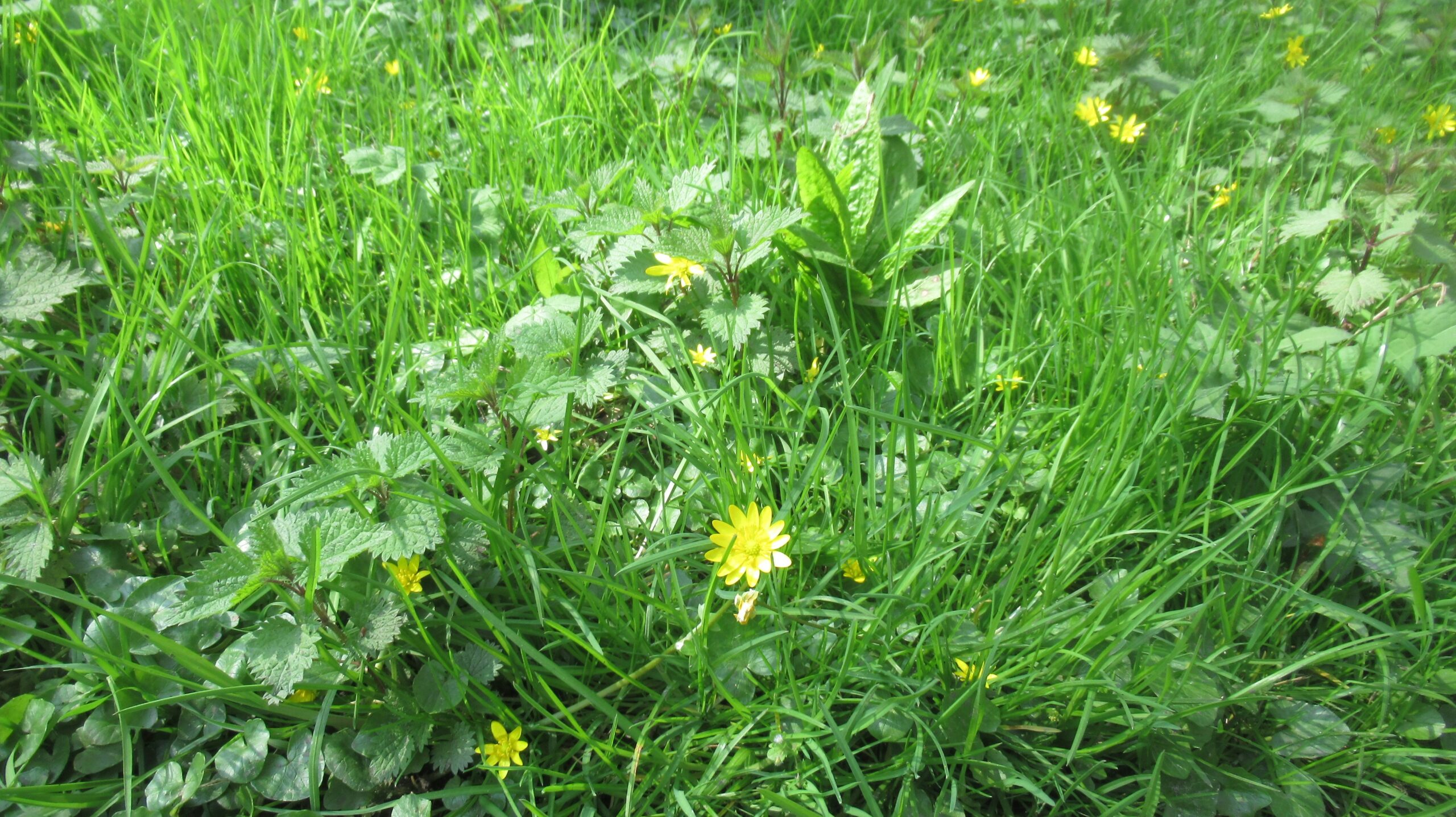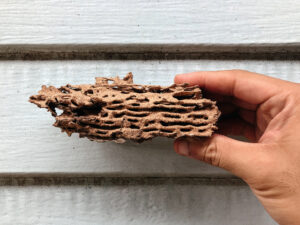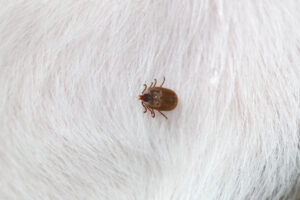As the hot summer months wind down, many Georgia homeowners relax when it comes to lawn care. But savvy turf management professionals know that fall is one of the best times of year to get ahead on weed control, strengthen your turf, and prepare your lawn for winter and next spring. In Georgia’s climate, fall offers the ideal window for yard weed control and long-term results. Here’s why—and how Pest Force can help.
Georgia’s Grasses and Their Seasonal Cycle
In Georgia, most lawns are composed of warm-season grasses, such as Bermuda, Zoysia, Centipede, or St. Augustine. These grasses reach peak growth during summer and then gradually slow down as temperatures drop. Meanwhile, many unwanted weeds—especially winter annuals and broadleaf species—begin germinating or are actively growing in the fall.
This means your weed control efforts in the fall can strike at a vulnerable moment in the weeds’ life cycle, bringing about the results you want come spring.
Why Fall Turf Control Is Advantageous
1. Cooler temperatures & active weeds
As air temperatures dip into more moderate ranges (like when nighttime nears 65–70 °F), weeds like henbit, chickweed, and annual bluegrass are actively growing. Applying post-emergent herbicides during this period allows you to target foliage when weeds are still vulnerable.
2. Pre-emergent timing works better
Fall is also the time to apply pre-emergent herbicides that prevent the germination of weed seeds. In Georgia, recommended timing is generally from mid-August to mid-September in many areas, depending on local soil temperatures. By establishing that barrier before weed seeds sprout (especially for winter annuals), you reduce the weed pressure your turf will face.3. Less heat stress on turf
During the cooler fall months, your turf is under less heat stress than in midsummer. That means it tolerates treatments and cultural practices more effectively, and recovery is more reliable. Also, weeds are less stressed by heat, making herbicides more effective.
3. Opportunity to strengthen the lawn
With weeds reduced, your turf will have more access to nutrients, moisture, and light. This allows it space to help recover thin or bare spots, inoculate more desirable grass coverage, and foster deeper root systems before winter dormancy begins.
4. Longer residual control
Many herbicide products have residual activity that will protect your lawn well into winter and early spring—lessening the burden of spring weed invasions.
Common Weeds in Georgia Lawns & What to Watch For
In Georgia, some of the most frequent grass weeds in lawn that you’ll see include:
- Henbit, common chickweed, and annual bluegrass (winter annuals)
- Dandelions, clover, plantain, oxalis (broadleaf perennials)
- Wild onion / wild garlic (a tougher grassy weed)
- Virginia buttonweed, bittercress, lespedeza, and other broadleaf weeds
A dense, healthy lawn helps fend off invasion of these species. But when they do appear, that’s when yard weed control measures—targeted herbicides, good mowing, and soil health—make the biggest difference.
Key Practices to Combine with Chemical Control
Turf control is more than just spraying. Effective turf management in the fall also includes:
- Mowing at proper heights so the grass shades the soil and crowds out weeds
- Core aeration to alleviate soil compaction and let nutrients penetrate
- Fertilization timed appropriately (without conflicting with pre-emergent application)
- Irrigation management — avoid overwatering, which encourages weed seed germination
- Spot treatments for stubborn patches using selective herbicides
How Pest Force Approaches Fall Turf Control
At Pest Force, we integrate science-backed strategies for weed control in lawn grass with our pest control expertise. Our fall turf control plans include:
- Soil and turf assessment to identify the grass type, weed pressure, and soil conditions
- Precise timing of pre- and post-emergent treatments so you get optimal control of broadleaf weed control in grass and winter annuals
- Monitoring and follow-up treatments to maintain control throughout the winter
By starting in the fall, we stay ahead of the weeds and give your turf the strongest possible footing going into spring.
Rely on the Team at Pest Force for Fall Turf Management in Georgia
If your lawn is due for a weed management refresher, now is the time to act. Here’s our quick overview of how we can help:
- Fall is a golden window for weed control in Georgia lawns because weeds are active and turf stress is lower.
- Applying pre-emergent and post-emergent herbicides during that period gives strong defense against weeds in grass, grass weeds in lawn, and broadleaf weeds.
- When combined with sound spring practices, fall treatments dramatically improve results across the whole year..
- Pest Force is uniquely equipped to deliver a full turf management program tailored to Georgia’s climate and grass types.
Contact Pest Force today to schedule a consultation and get a custom plan for fall weed control and turf improvement. Let us help you achieve a lush, healthy, weed-resistant lawn year-round.



